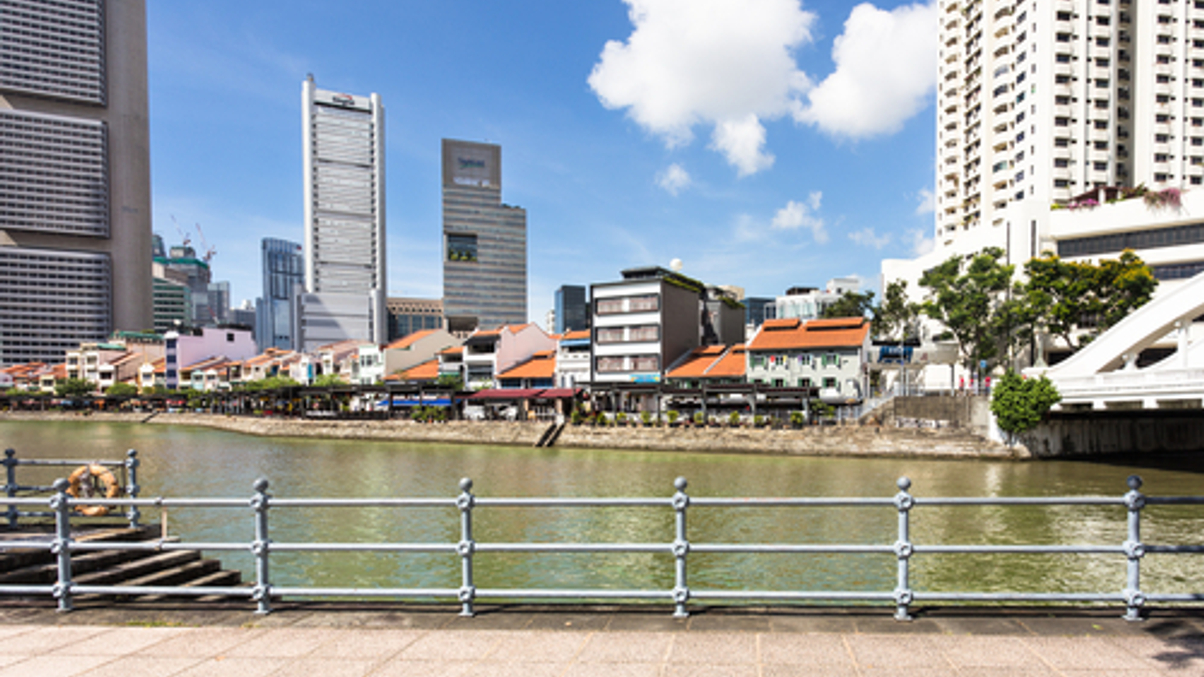Investors bank on upturn in Singapore real estate
Many feel the Lion City's property market has bottomed and is set for strong growth in rental yield and capital inflows, after transaction volumes leapt last year.

After two years in the doldrums, Singaporean real estate is showing signs of rebounding, buoyed by accelerating growth, as investors hunt for opportunities in Asia’s increasingly sought-after property markets.
Sign in to read on!
Registered users get 2 free articles in 30 days.
Subscribers have full unlimited access to AsianInvestor
Not signed up? New users get 2 free articles per month, plus a 7-day unlimited free trial.
¬ Haymarket Media Limited. All rights reserved.


